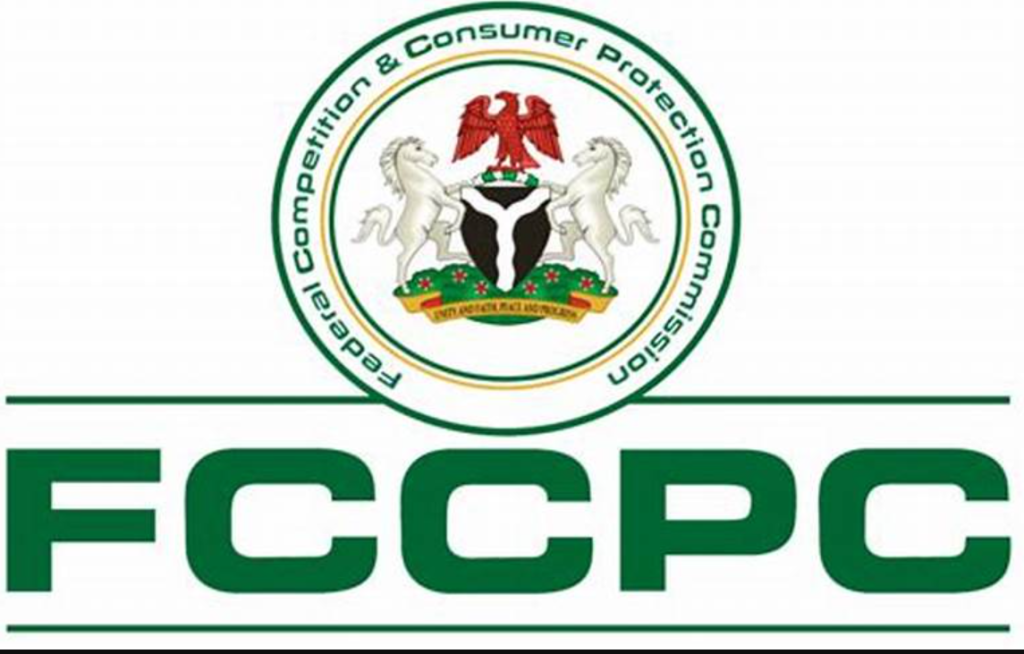
Another Perspective on Consumer Rights Advocacy in Nigeria
The Federal Competition and Consumer Protection Commission’s (FCCPC) decision to investigate Guaranty Trust Bank (GTB), MTN Nigeria, and Air Peace underscores a critical shift toward prioritizing consumer rights and corporate social responsibility (CSR). These inquiries, slated for December 3, 4, and 5, aim to address systemic failures in service delivery across pivotal sectors, holding corporations accountable for persistent violations.
According to Ondaje Ijagwu, FCCPC’s Director of Corporate Affairs, the investigations were triggered by widespread allegations of unfair treatment, negligence, and inadequate consumer protection measures. These actions resonate with the essence of CSR—ensuring that businesses operate ethically, prioritize customer welfare, and maintain transparency in their dealings.
To achieve meaningful reform, the FCCPC must commit to thorough, unbiased investigations and enforce penalties that deter repeat offenses. By doing so, it can set a precedent for corporate accountability in Nigeria, ensuring that businesses align profit motives with societal welfare.
GTB, a leading Nigerian bank with over 32.8 million retail customers and operations in 10 countries, declared a profit before tax of N1.00 trillion in H1 2024. Despite this financial success, the bank faces mounting criticism for recurring internet banking failures that leave customers unable to access funds.
In the telecommunications sector, MTN is under scrutiny for allegations of undelivered data services, unexplained data depletion, and unsatisfactory customer support. Meanwhile, Air Peace is accused of exploiting consumers through unjustified ticket price hikes, frequent flight delays, and overall poor service quality.
These complaints reflect a troubling pattern: Nigerian consumers often endure substandard services with limited avenues for redress. The systemic failures highlight the absence of robust CSR frameworks that prioritize customer satisfaction and ethical practices.
Recurring software glitches in banking services disrupt transactions and erode trust in financial institutions. Many consumers, frustrated by these lapses, are increasingly turning to fintech alternatives or abandoning traditional banking altogether. This trend underscores the urgent need for banks like GTB to embed customer-centric principles into their CSR strategies.
Illegal deductions, including excessive fees for stamp duties, account maintenance, and VAT, exacerbate consumer frustration. While high-profile cases, such as that of billionaire Femi Otedola, showcase isolated instances of accountability, most Nigerians lack the financial means or legal access to challenge such infractions.
The aviation sector is no better. Air Peace’s reported fare hikes and frequent delays suggest a disregard for passengers’ welfare. These actions betray the fundamental principles of CSR, which emphasize fairness, transparency, and consumer protection. The National Civil Aviation Authority must strengthen its oversight to prevent such exploitative practices.
In telecommunications, MTN’s alleged shortcomings in data service delivery undermine consumer trust in a sector pivotal to Nigeria’s digital economy. Unexplained data depletion and poor customer support call for stricter compliance measures and a renewed commitment to customer satisfaction.
The FCCPC’s investigations provide an opportunity to redefine corporate accountability in Nigeria. By enforcing reforms and imposing substantial penalties for violations, the commission can inspire businesses to adopt ethical practices as a strategic imperative. Companies must recognize that long-term profitability is inextricably linked to consumer trust and satisfaction.
Regulators, businesses, and civil society must collaborate to institutionalize CSR as a cornerstone of corporate operations. Regulators must enforce stricter compliance standards, while businesses should proactively invest in systems and policies that prioritize consumer rights. Advocacy groups and civil society must play their part in holding corporations accountable, fostering transparency, and promoting fair practices.
CSR REPORTERS notes that the FCCPC’s commitment to addressing these systemic issues marks a significant step forward in consumer rights advocacy. However, the commission must sustain its momentum, leveraging this opportunity to deliver justice and set a higher benchmark for corporate accountability.
This is not just about enforcing penalties but about fostering a culture of responsibility and fairness across Nigeria’s corporate landscape. For the average Nigerian, these investigations offer hope for transformative change. For corporations, they present an urgent call to realign their CSR strategies with societal expectations.
The stakes are high, but so is the potential for progress. The FCCPC must seize this moment to champion consumer rights and redefine Nigeria’s standards for ethical business practices.






